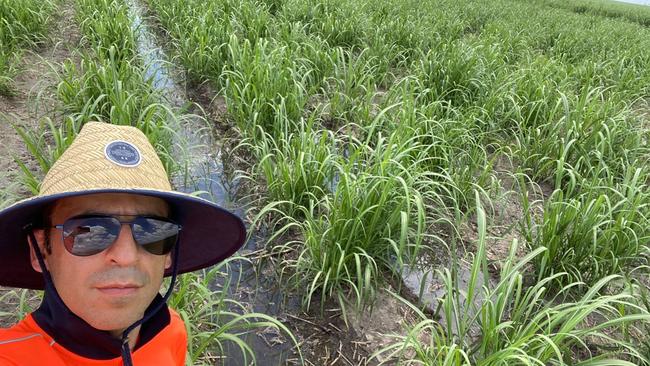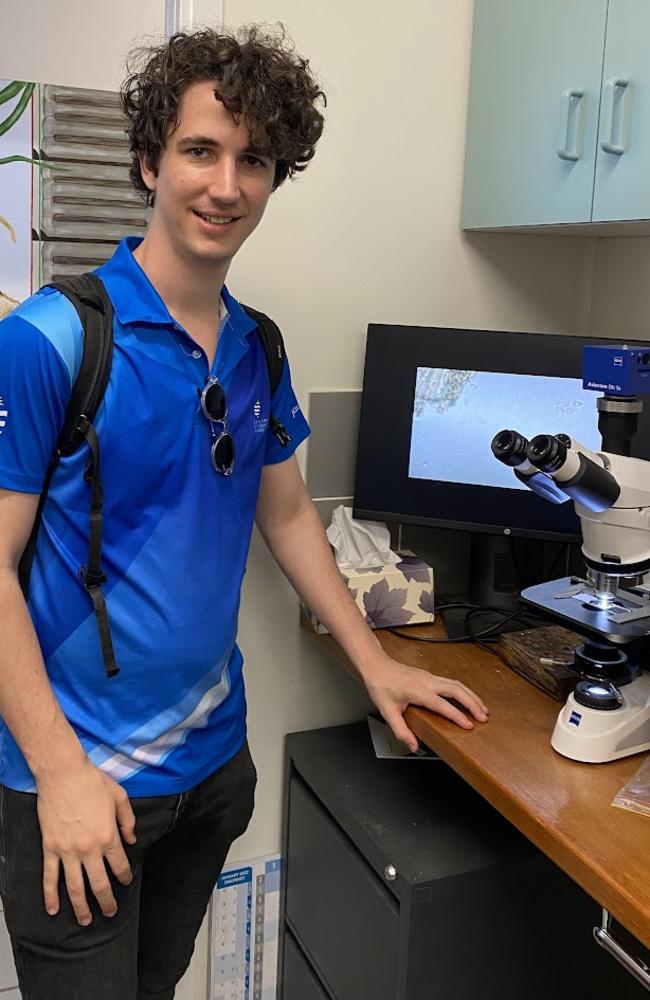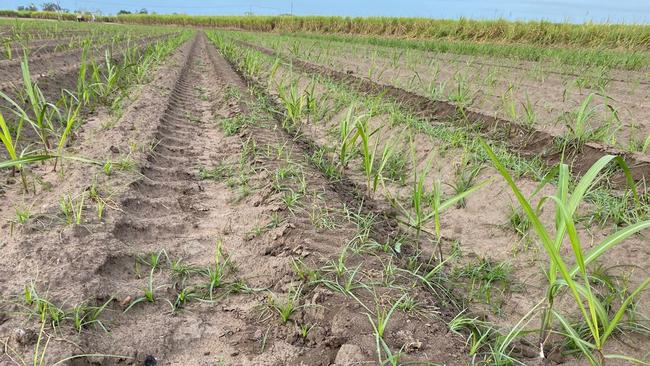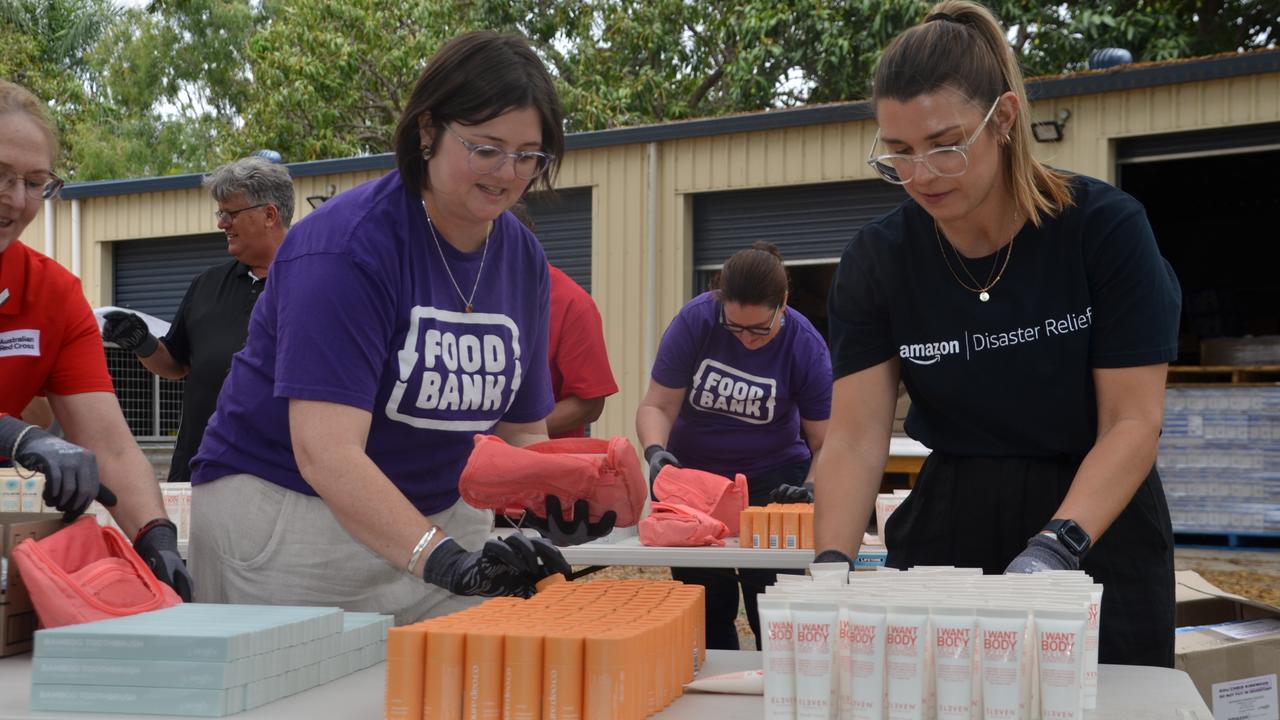JCU researchers develop game-changing AI tool to save sugar cane crops
A new AI tool could be the breakthrough one of Australia’s leading industries needs.

Townsville
Don't miss out on the headlines from Townsville. Followed categories will be added to My News.
A new AI tool developed by North Queensland researchers could be the breakthrough Australia’s sugar cane industry needs to protect crops from a devastating disease.
James Cook University researchers have created a cutting-edge tool that uses artificial intelligence and satellite imagery to help farmers combat Ratoon Stunting Disease (RSD) in sugar cane, a major problem that can slash yields by up to 60 per cent.
The tool, already showing promise in the Herbert River District, analyses multi-spectral satellite imagery to detect the disease early, allowing farmers to take preventative measures before it spreads.
With support from a grant from Australia’s Economic Accelerator, the JCU team — comprised of Research Officer Ethan Waters, Associate Professor Mostafa Rahimi Azghadi, and Senior Lecturer Dr Carla Ewels — will continue refining their technology over the next year.

Their goal is to expand the tool’s application to other regions and target additional diseases threatening sugar cane crops.
“The original idea was to utilise satellite imagery data and apply machine learning techniques to process that data in order to detect diseases and abnormalities in sugarcane,” Associate Prof Azghadi said.
“This project is a collective effort to move this promising technology beyond its initial phase that Ethan has developed and bring it to industry.”
The project originated from Ethan Waters’ Honours thesis in 2022, where he and his supervisors partnered with Ingham-based Herbert Cane Productivity Services Limited to develop a tool capable of detecting RSD across 72 cane paddocks.

RSD is particularly insidious because it shows no visible symptoms but disrupts water flow within the cane stalk, leading to significant yield reductions.
“We discovered that we could use multi-spectral satellite imagery in near-infra-red and short-wave infra-red regions of the electromagnetic spectrum to get an indication of how much water is in the vegetation, which would identify if the disease was in cane,” Mr Waters said.
“We then trained the machine learning algorithms to identify the disease from that satellite imagery.”
The team are also working with growers in the Burdekin and Tully regions to develop the tool further.
It currently analyses five different cane varieties, with plans to expand its capabilities to detect other diseases.
More Coverage
Originally published as JCU researchers develop game-changing AI tool to save sugar cane crops





